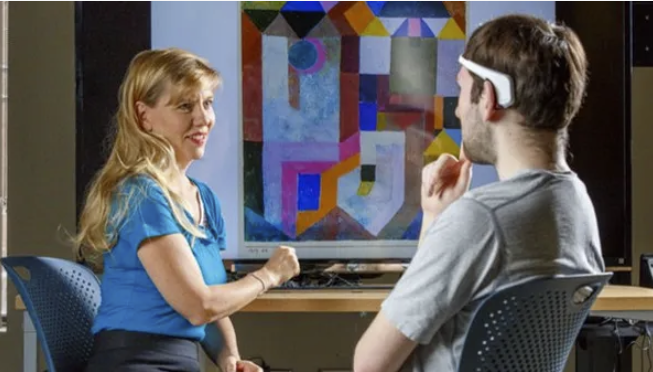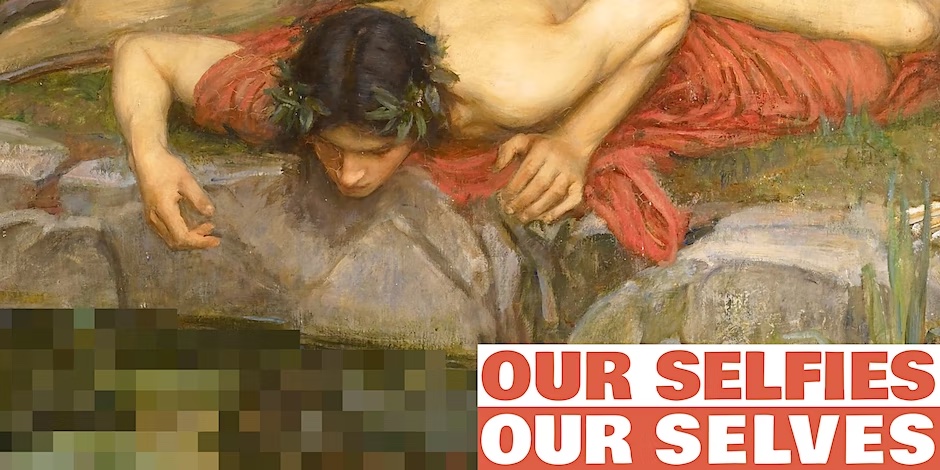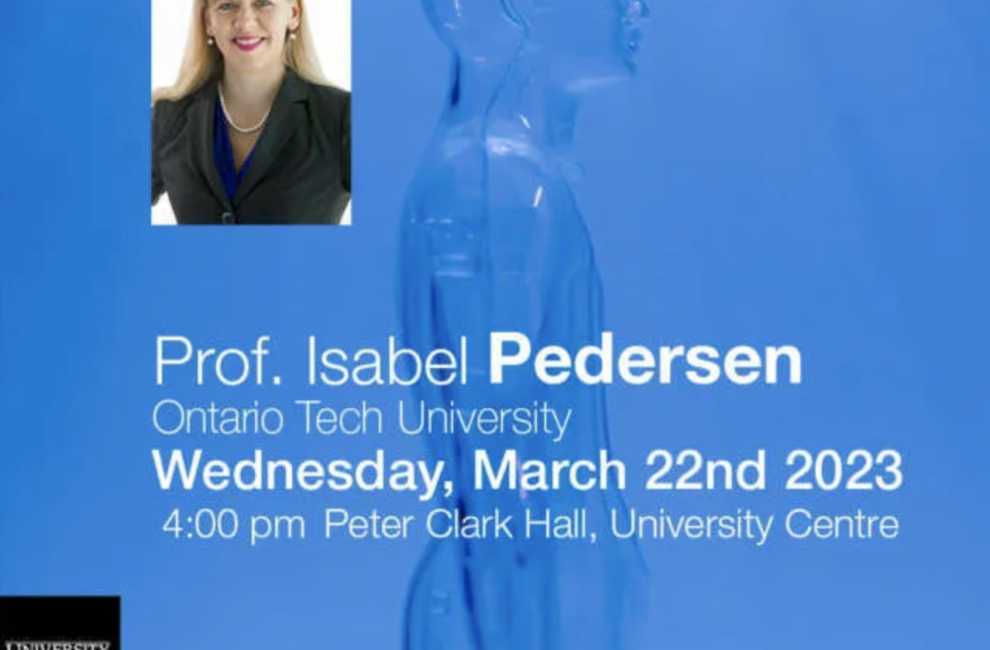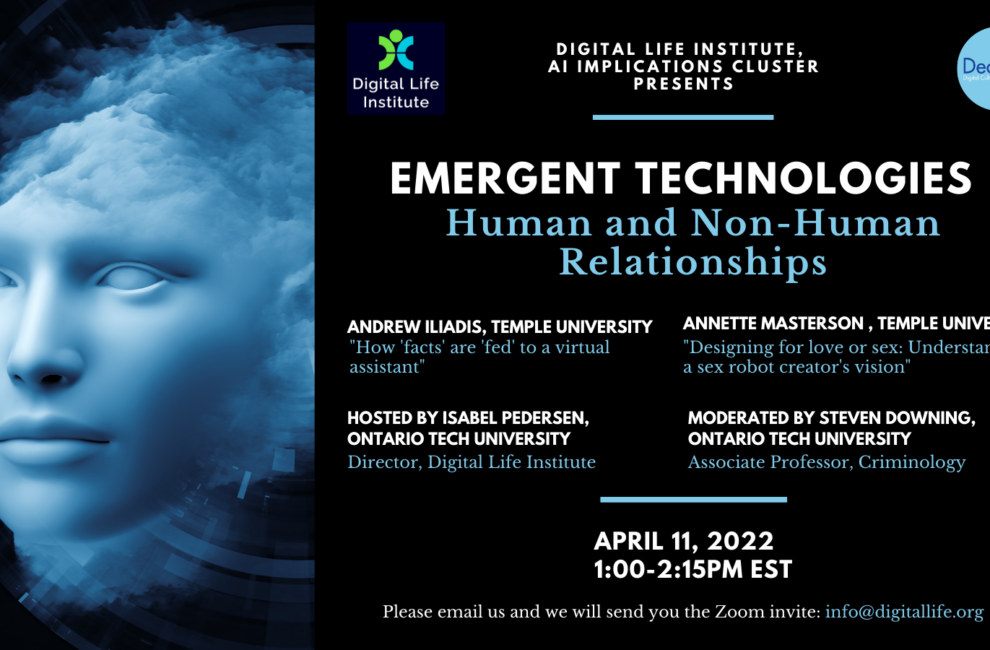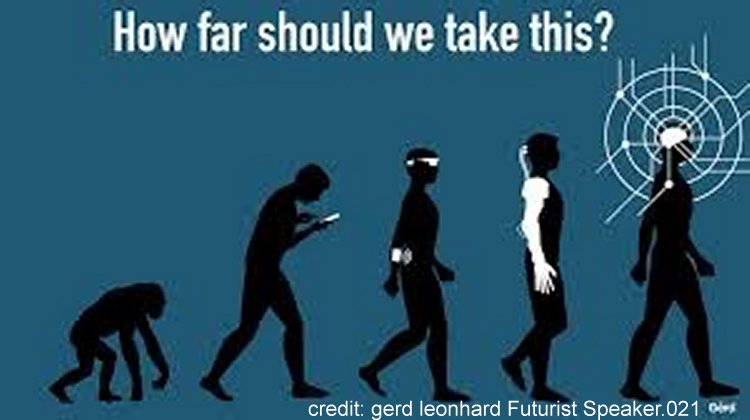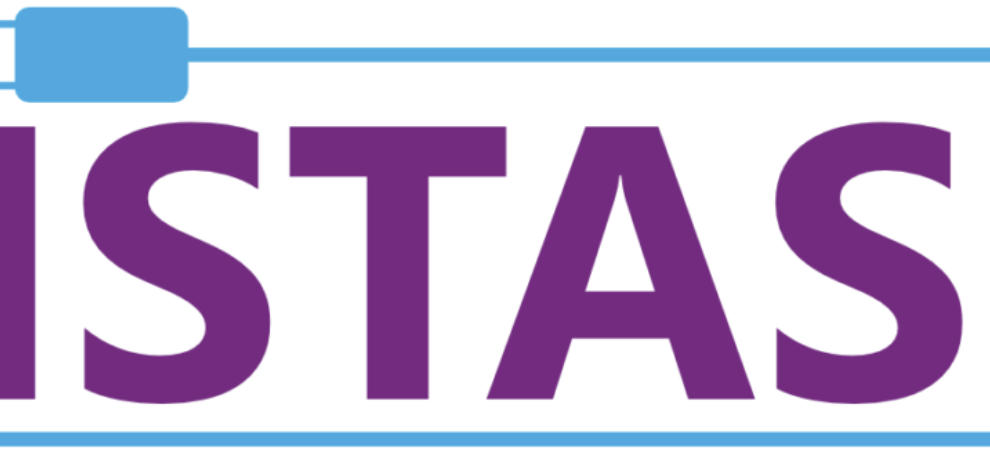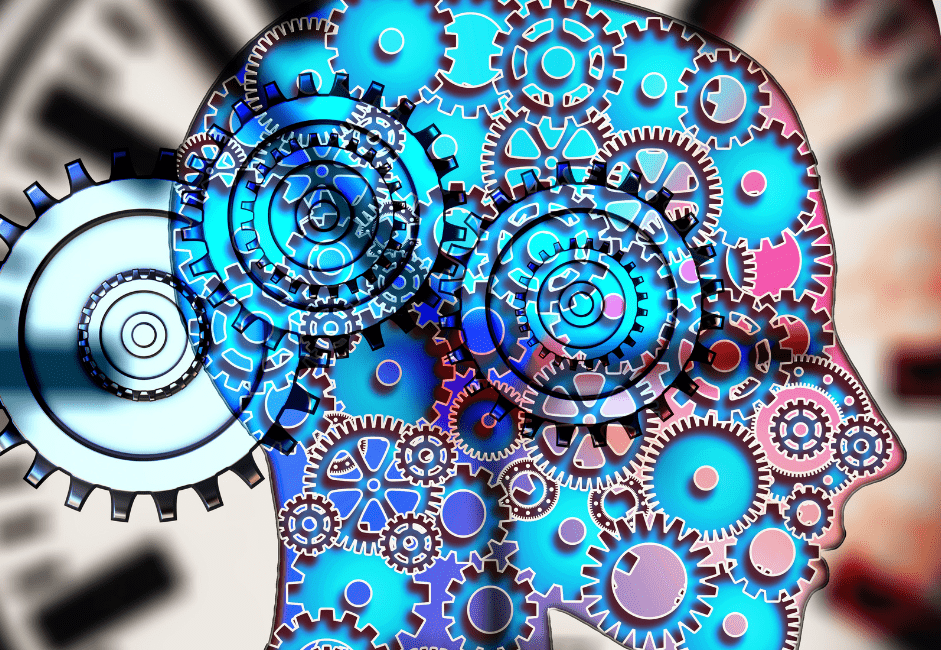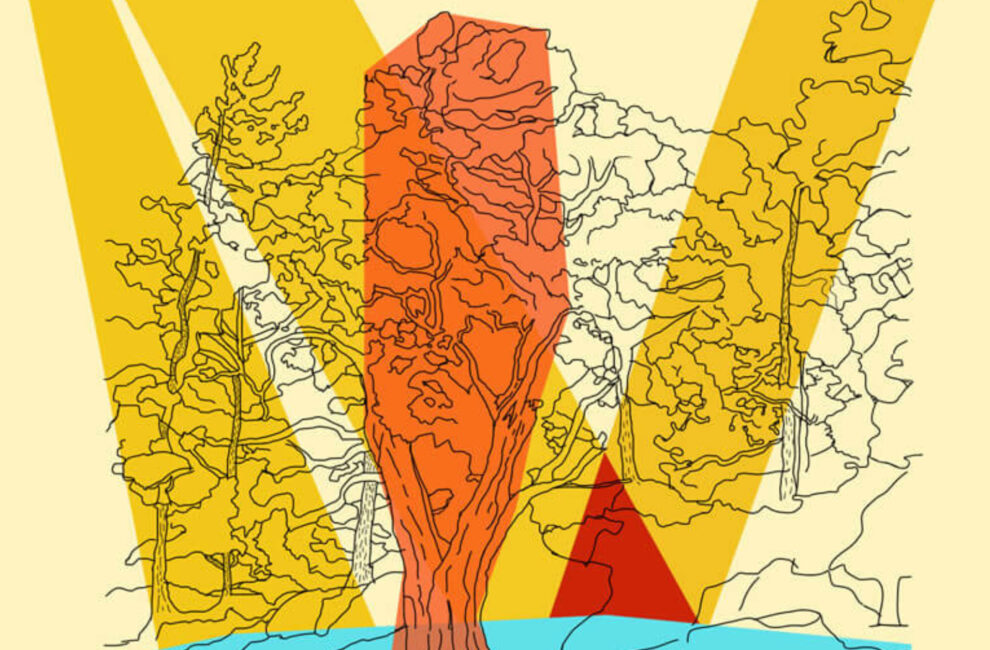Augmentation technologies and the algorithms built within them represent the engine that drives the next generation of TPC networked learning. As emerging augmentation technologies, use of data analytics, and “smart” technologies proliferate, we see the critical need for research, presentation and discussion of the implications of augmentation technologies in TPC programs. This panel addresses critical conference themes: administering technologies in TPC programs and curriculum development.
Augmentation technologies include wearable devices that extend human senses, augment creative abilities, or overcome physical limitations; robots marketed to improve human social interaction; implantables that amplify intelligence or memory; programs or algorithms for affective computing; Internet of Bodies (IoB) and Internet of Things (IoT) for ambient interaction or surveillance with places/spaces; and Extended Reality technologies (XR), including Augmented Reality (AR) and Virtual Reality (VR), that alter human interaction with people’s lived reality. As networked learning evolves amid these current and emerging technologies, TPC scholars must increase understanding of both the technologies and their socio-technical complexities.
Learn More
